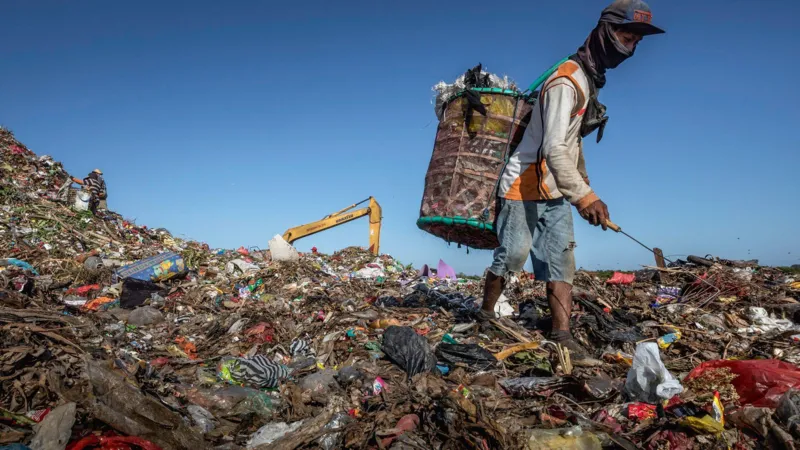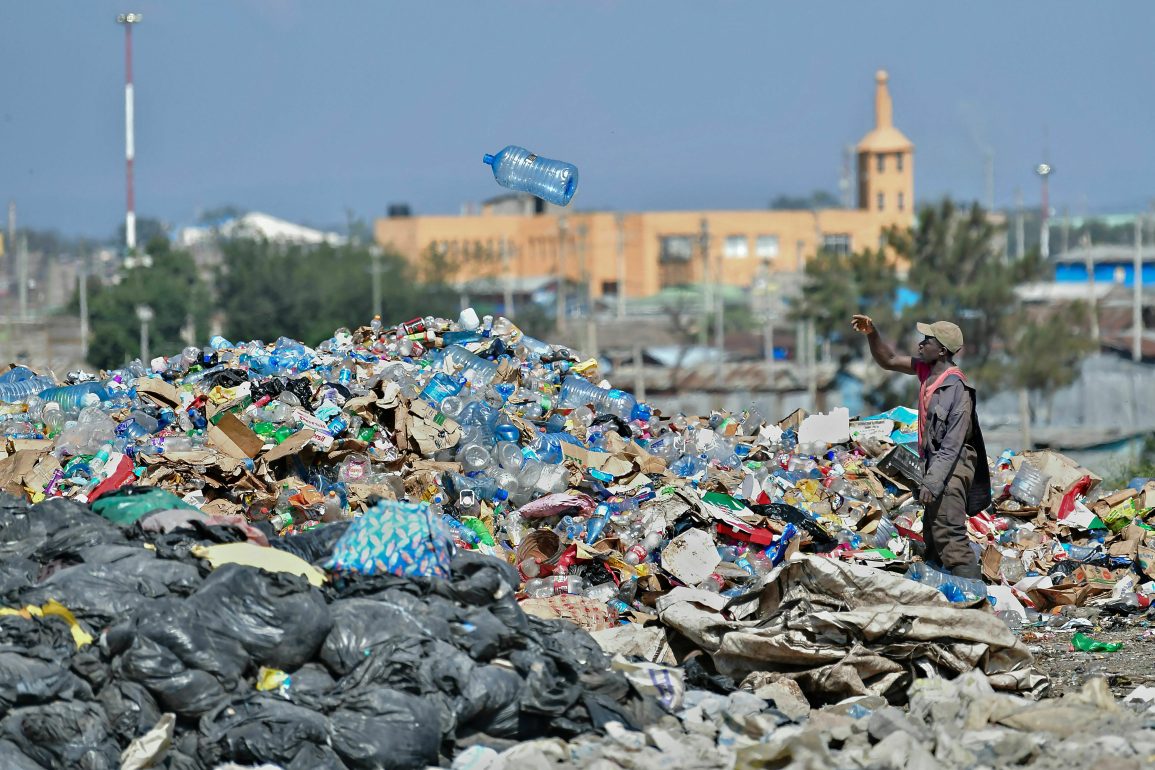Efforts to establish a global treaty to combat plastic pollution stalled after more than two years of negotiations. Over 200 nations gathered in South Korea, aiming to finalize the agreement, but disagreements over plastic production versus waste management derailed progress.
While nearly 100 countries supported a legally binding reduction in plastic production, oil-producing nations resisted, arguing that such measures would hinder development. Kuwait highlighted the societal benefits of plastic, emphasizing pollution control rather than production limits as the treaty’s focus.
Plastic pollution has reached crisis levels, with over eight billion tonnes produced since 1950, yet less than 10% recycled. This has led to devastating impacts on marine ecosystems, where millions of tonnes of plastic harm wildlife through entanglement or ingestion.
Additionally, plastics account for 5% of global emissions, making this issue critical for both environmental health and climate change mitigation. The treaty was intended to address these interconnected challenges but faltered due to conflicting economic and environmental interests.
The central debate revolved around Article 6, which proposed binding commitments to reduce plastic production. A coalition of nations, including the UK, EU, and African states, argued that curbing production was essential to tackling the root causes of pollution.

However, oil-producing countries like Saudi Arabia and Kuwait opposed this, viewing plastic as a vital market for the fossil fuel industry amid declining oil demand. India also expressed concerns, citing its developmental needs. This split underscored the tension between environmental goals and economic dependencies.
Environmental groups expressed disappointment at the talks’ collapse, blaming opposition from the petrochemical industry, which consistently lobbied against production limits. Still, major manufacturers like Nestlé and Unilever advocated for global regulation, emphasizing the need for consistent policies to drive investment in solutions. The lack of agreement leaves businesses without clear direction and delays urgently needed action to address the plastic crisis.
The failure to reach a consensus has pushed the deadline for a treaty into the future, with another round of negotiations expected next year. Conservationists argue that the coalition of supportive nations could move forward independently, creating a treaty with significant global impact even without unanimous participation. The talks highlighted both the urgency of addressing plastic pollution and the challenges of reconciling divergent national interests and priorities.

